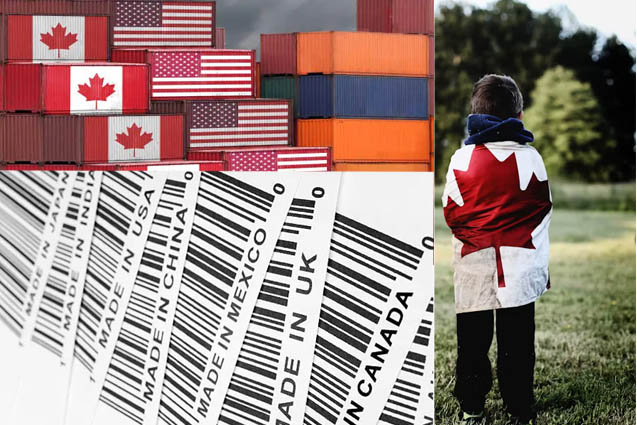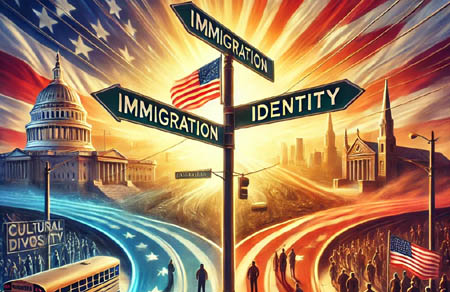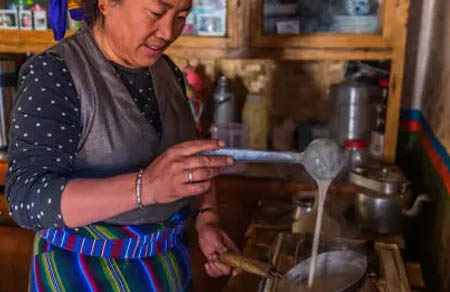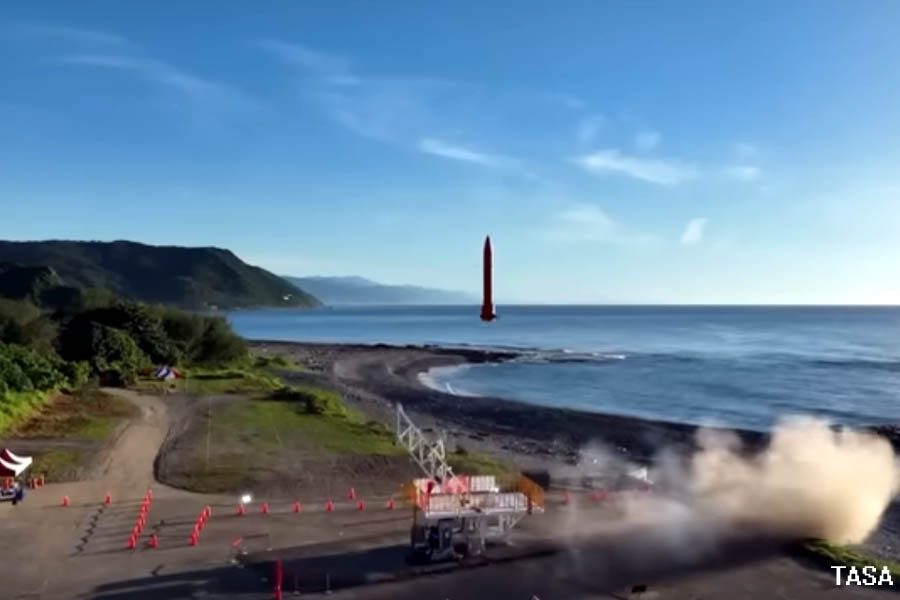
🌍 Global Conflicts, Satellite Surges, and Strategic Signals
May 23, 2025Since the Russia-Ukraine war stalled, the U.S.-Israel alliance has launched symbolic gestures like the "freedom zone" dance in Gaza. Meanwhile, regional heavyweights like Turkey, Saudi Arabia, and Qatar remain noticeably silent. Is the world sleepwalking into a great war? Nations seem preoccupied with arms deals, trade wars, and geopolitical power plays. Let's dissect the major global events unfolding right now.
🇩🇪 Germany Makes History with First Permanent Troop Deployment Since WWII 🇱🇹🛡️
Germany 🇩🇪 has launched its first permanent foreign troop deployment since WWII with a full armoured brigade in Lithuania 🇱🇹 — 4,800 soldiers and 200 staff strong. This is a clear NATO deterrent against Russian aggression 🇷🇺.
Chancellor Merz aims to make Germany Europe's strongest conventional army, reinforcing NATO's eastern flank while preparing for potential U.S. troop pullbacks under Trump.
"Not one inch of NATO will be undefended."While Ukraine continues to bear the brunt of Russia's military aggression, countries like Poland and the Baltic states are not resting easy. These frontline NATO members are reinforcing border security, increasing conscription, and welcoming a growing presence of U.S. and NATO forces. The memories of Soviet occupation remain raw, and Moscow's escalatory rhetoric only deepens their urgency to prepare.
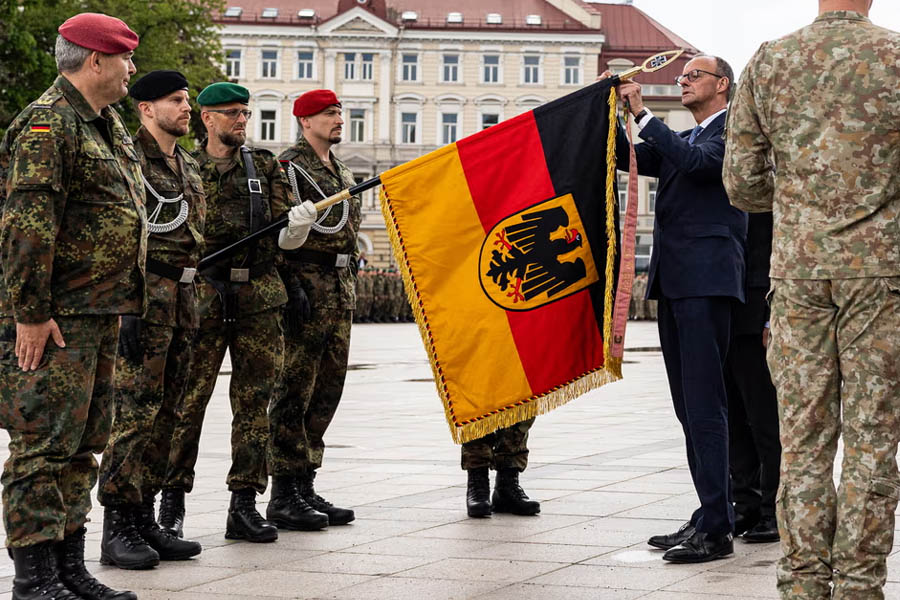
🚀 Taiwan Launches Satellite Ambitions Amid China Tensions 🌐🇹🇼
Taiwan 🇹🇼 is racing into orbit, launching its own satellite network to counter Chinese threats 🇨🇳 and avoid reliance on Elon Musk's Starlink 🌟. Backed by TASA and Tron Future, Taiwan aims for strategic independence in space by 2027 ⏳.
Space is the new frontline.
In the Global South, India maintains a delicate balancing act—continuing its historic defense trade with Russia while navigating its growing ties with the U.S. Meanwhile, China watches the war in Ukraine not only as a geopolitical crisis but as a test case for Western resolve—particularly with Taiwan in its sights. The longer the war drags on, the more Beijing assesses the cost-benefit of aggressive expansionism.
🌐 G7 Strikes a Unified Economic Stance: Silent Swipe at China 🇨🇳💼
G7 finance ministers from the world's leading economies pledged to rebalance trade, implicitly targeting China's subsidies and currency tactics. Absent were climate or free trade goals — a shift in tone ahead of the Kananaskis Summit 🏔️.
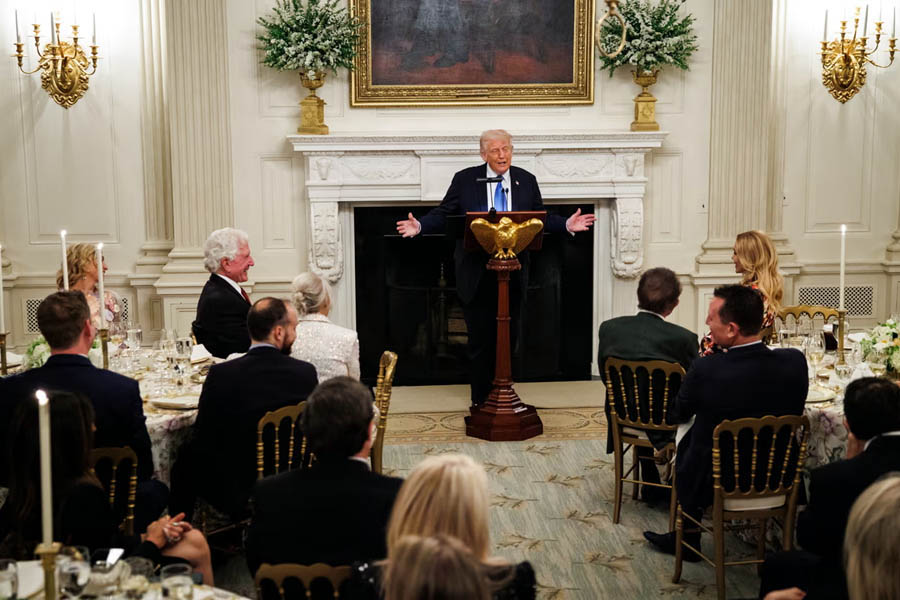
☢️ Nuclear Tensions Escalate: Iran Warns U.S. Over Israeli Threats 🇮🇷🇺🇸🇮🇱
As nuclear talks resume in Rome 🇮🇹, Iran vows retaliation if Israel strikes, blaming the U.S. for enabling aggression. Enrichment remains a national symbol, and diplomacy teeters on the edge.
The war's ripple effects have destabilized food supplies in parts of Africa and the Middle East, where Ukrainian grain once flowed freely. Nations like Egypt and Sudan now face soaring bread prices, prompting internal unrest. Meanwhile, Gulf states like Saudi Arabia are recalibrating alliances and testing the limits of Western influence amid the shifting global power balance.
⚔️ Ceasefire on the Edge: 🇮🇳 India & 🇵🇰 Pakistan Walk a Tightrope of Tension
A delicate ceasefire holds despite high-tech military skirmishes. Operation Sindhoor continues, with India asserting military progress, yet facing domestic pressure for transparency.
In the United States, Ukraine is no longer just a foreign policy issue—it's a political litmus test. President Biden frames the war as a battle for democracy, justifying aid as essential for global stability. Conversely, Donald Trump and many Republicans question the endless funding, tapping into isolationist sentiments. This divide could determine the trajectory of U.S. involvement in 2025 and beyond.
🧠 Stay informed. 🌐 Stay prepared.
👉 Read now to understand the forces shaping tomorrow’s world war—or peace.
Read More From Us
- 🌟🌟🌟🌟🌟 For more International Breaking News visit us at International News
- 🌟🌟🌟🌟 For More Russia-Ukraine War updates, click here
- 🌟🌟🌟🌟🌟 For more International Trade Business news, hit here
Tags:🛰️ Signals in the Sky. Tensions on the Ground. Eyes Wide Open. 🌍 #GlobalGeopolitics #SatelliteSurge #WorldAtEdge #TaiwanChina #GermanyNATO #IranCrisis #IndiaPakistan #UkraineWatch #MiddleEastConflict #G7Moves #FutureOfWar
Thank you for reading: globalpostheadline.com

